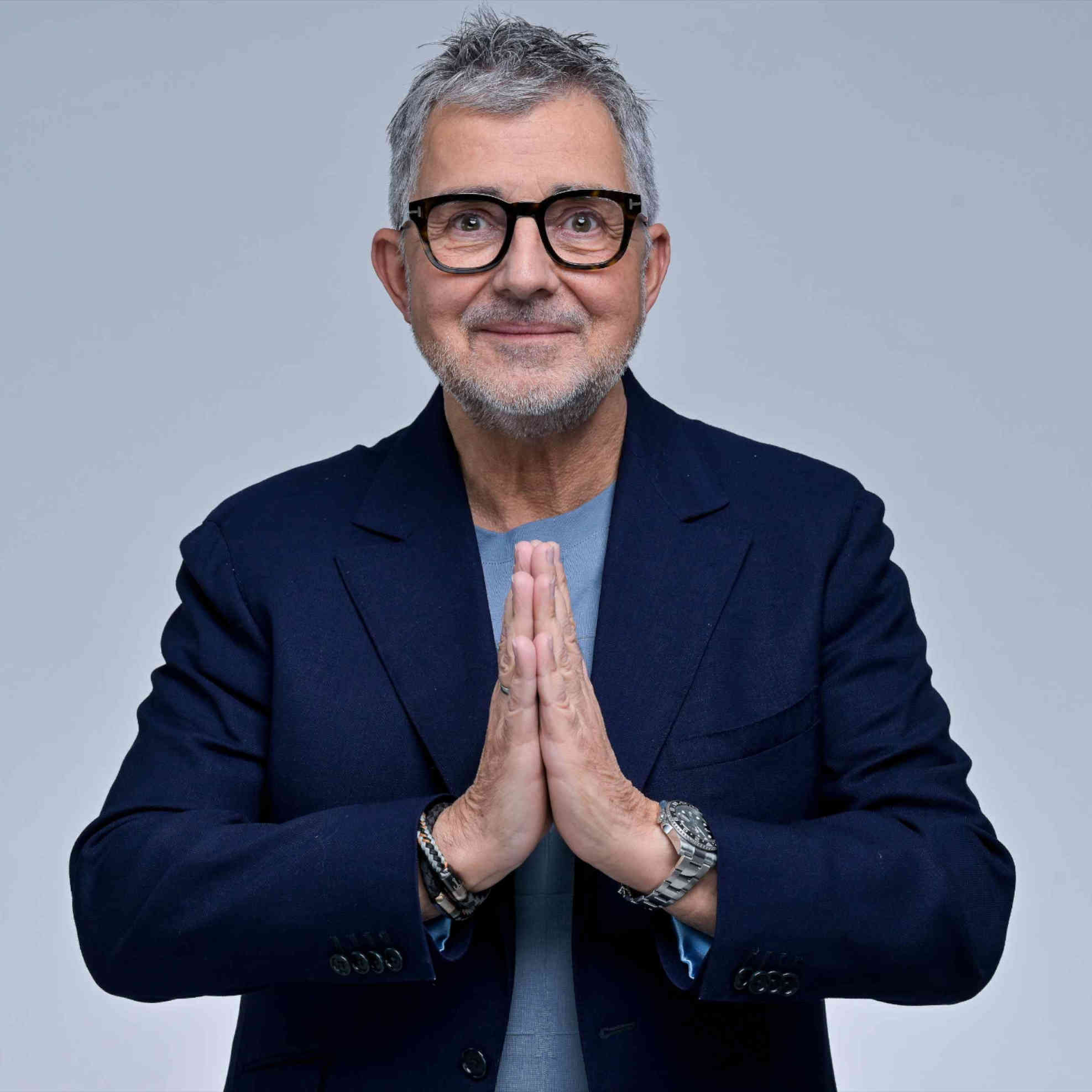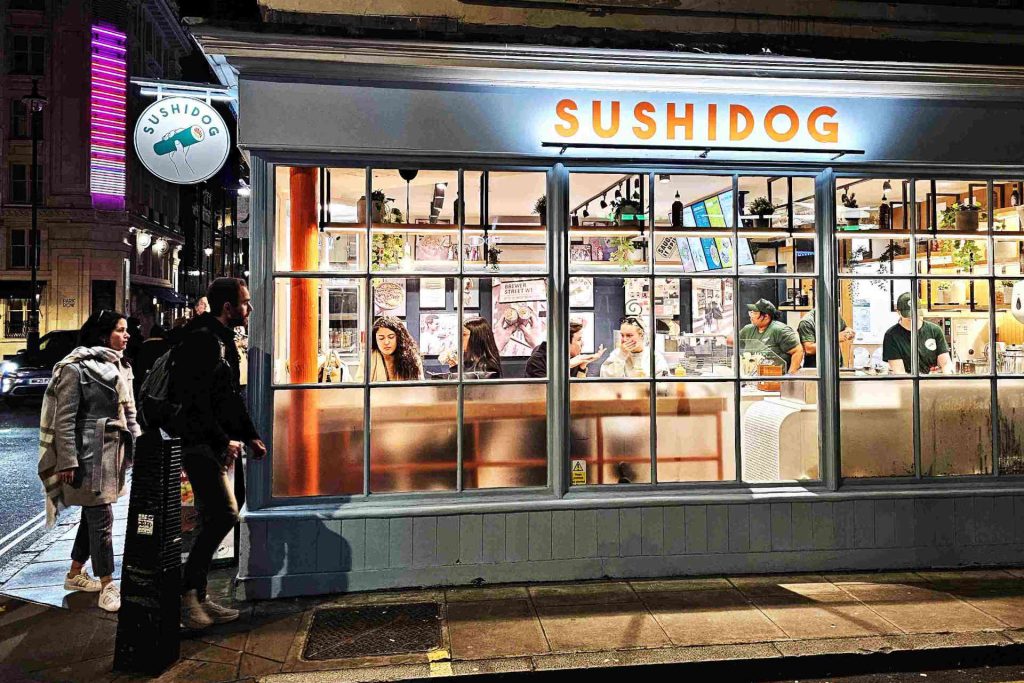
Today, snacks are versatile, practical and sustainable – the new main meal for modern everyday life. Denmark is leading the way: the snack has become socially acceptable there and is establishing itself as a meal option in its own right, moving away from the image of a mere substitute meal. There has been an interesting shift in terminology: the hot evening meal is called “Middag”. During the day, the trend towards smaller, more flexible meals (Frokost in Danish) is gaining ground.
This so-called snackification reflects the fast lifestyle in which small portions replace main meals. Snacks today are not only practical and healthy, but also attractively and sustainably packaged. At the same time, snacking is a profitable market and the industry is on course for growth. Major players such as McDonald's are responding by investing billions worldwide to maintain their position in this dynamic market. And soon even some two-lane drive-ins. Today, the snack segment is more diverse, of higher quality and more integrated into everyday life than ever before.
International influences are shaping the market: while the burger retains its top position as the global “protein sandwich”, new variants such as smashburgers are emerging. Rumors that the kebab could replace the burger are unfounded, but the first organic kebabs and healthier alternatives such as falafel and samosas are gaining popularity. These snacks, inspired by Levantine and Indian cuisine, are appealing to new target groups. Empanadas from Brazil are also convincing as temperature-stable “snack carriers”. Mexican dishes such as tacos and burritos are celebrating a revival that is spilling over to Europe via California, led by chains such as Pink Taco.
At the same time, interest in clean-label snacks with transparent ingredient lists and less sugar or preservatives is growing. New quick service chains such as Greenkarma and Kaspar Schmauser are focusing on healthy and innovative concepts, while egg sandwiches such as those from Berlin-based Bregg are making further inroads into the market.

Las Vegas is known for its long nights, which makes places that do mornings really well all the more important. Between the Strip and downtown, there are a surprising number of spots where breakfast and coffee are not just an afterthought, but are deliberately celebrated. It’s these places that make all the difference: quiet, high-quality, and offering just the right amount of enjoyment before the day gets going.
Fine dining, steak, sushi, Mexican cuisine, and Italian dolce vita – Las Vegas has long been more than just buffets and shows. We sampled some of the city’s most exciting restaurants – from complex Chinese flavors and traditional American steakhouses to Japanese presentation and Mexican sensuality.
Vegan and reduced-sugar desserts that last, shine, and impress guests: Sugar is not the enemy, but it is not the solution either. Modern patisserie thinks ahead—more precisely, more plant-based, more consciously.
Away from the “sugar = taste” reflex, toward texture intelligence, aroma control, and clean technique. Modern patisserie works vegan, reduced-sugar—and often completely without classic table sugar. The matrix, process, and calculation are crucial. About desserts that perform professionally: stable, precise, highly aromatic.


Today, snacks are versatile, practical and sustainable – the new main meal for modern everyday life. Denmark is leading the way: the snack has become socially acceptable there and is establishing itself as a meal option in its own right, moving away from the image of a mere substitute meal. There has been an interesting shift in terminology: the hot evening meal is called “Middag”. During the day, the trend towards smaller, more flexible meals (Frokost in Danish) is gaining ground.